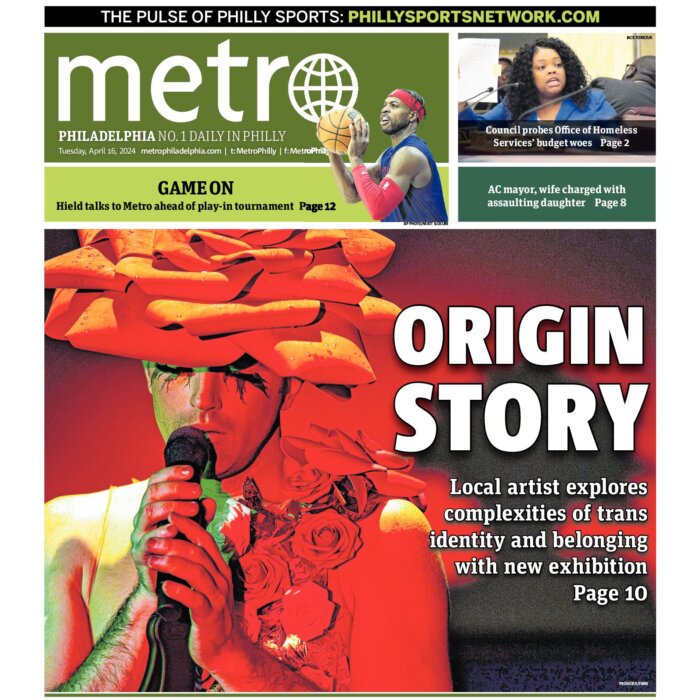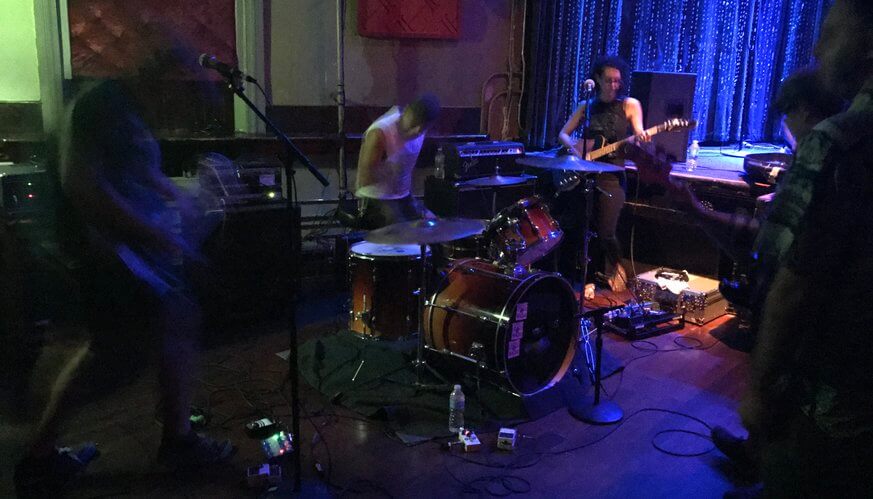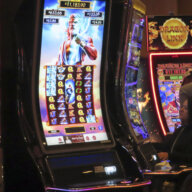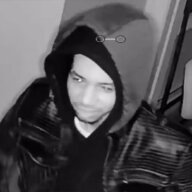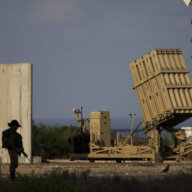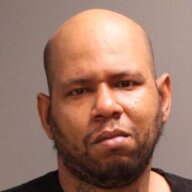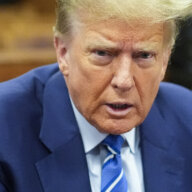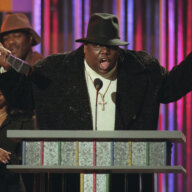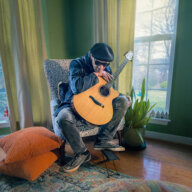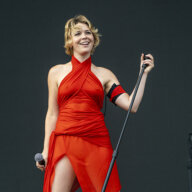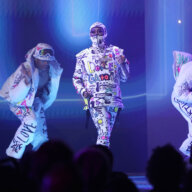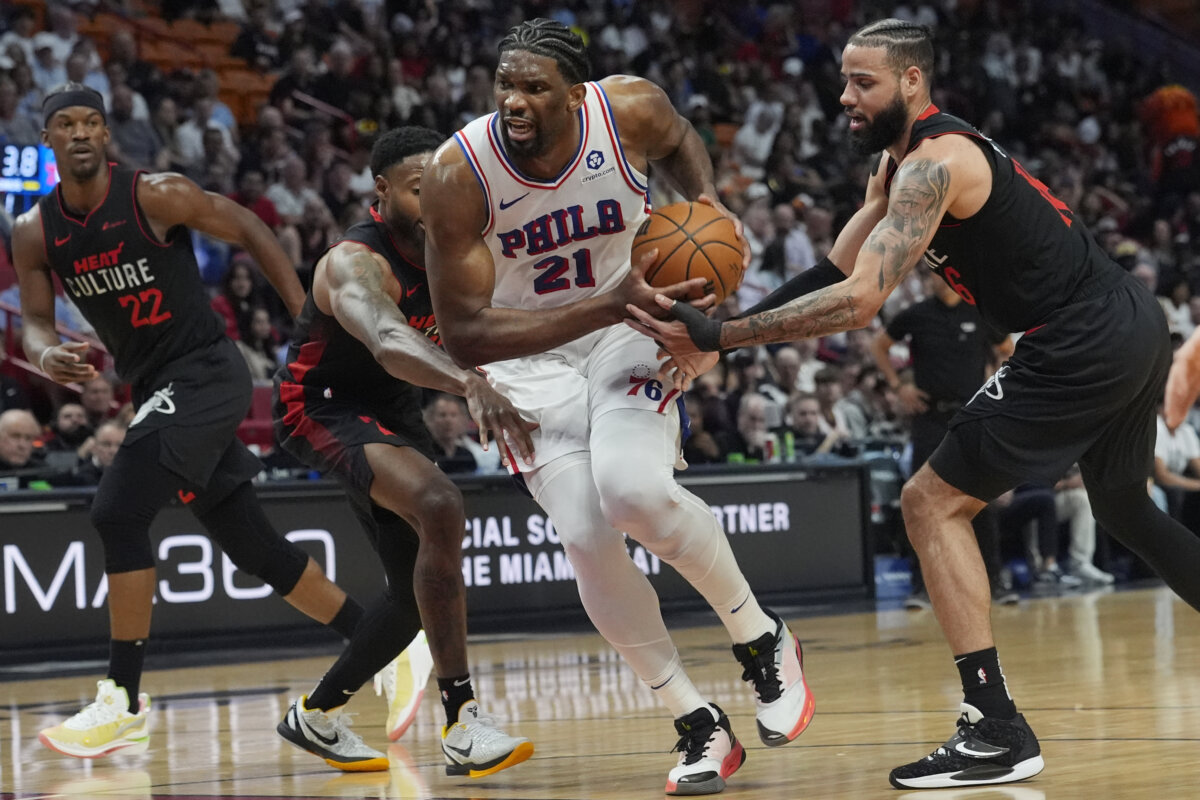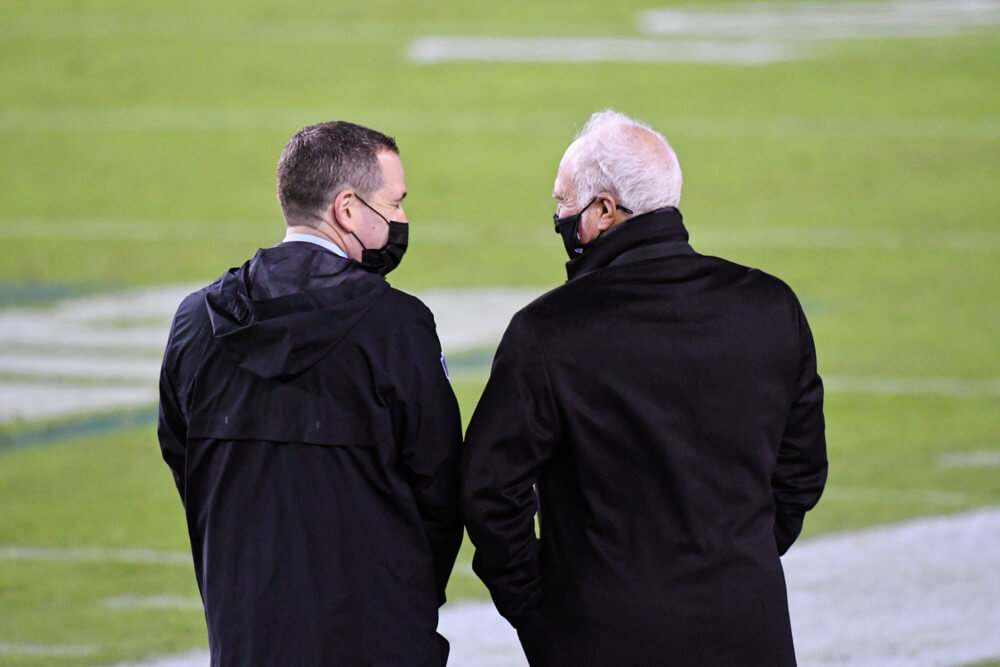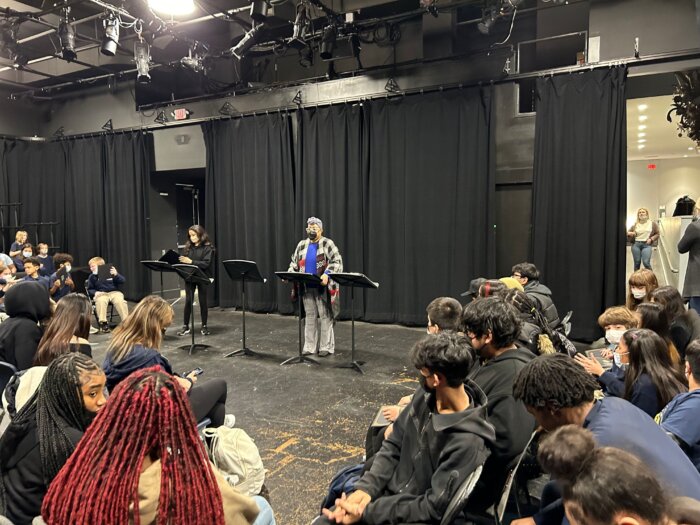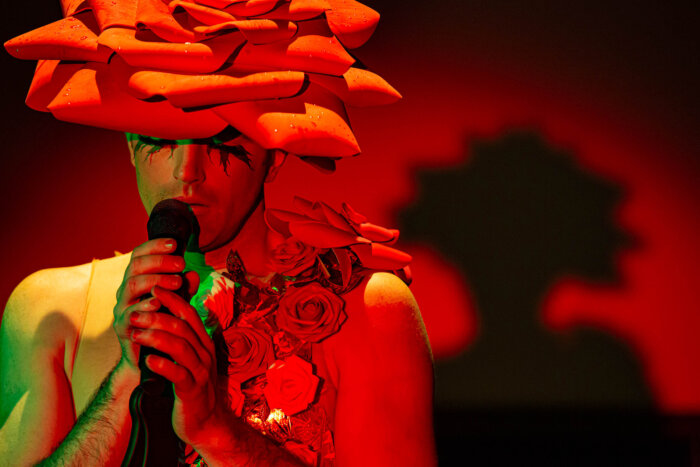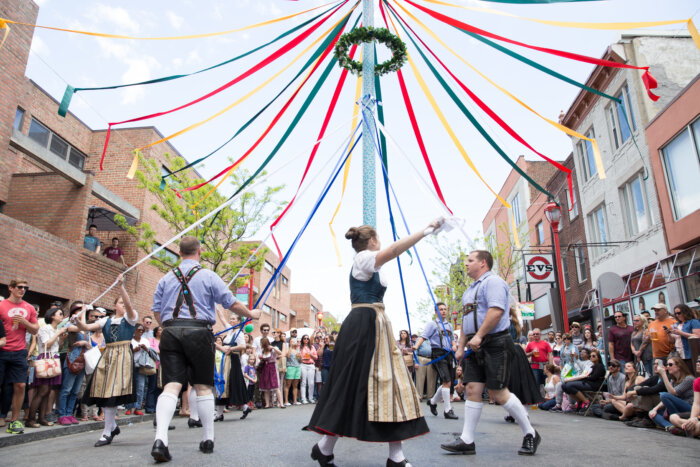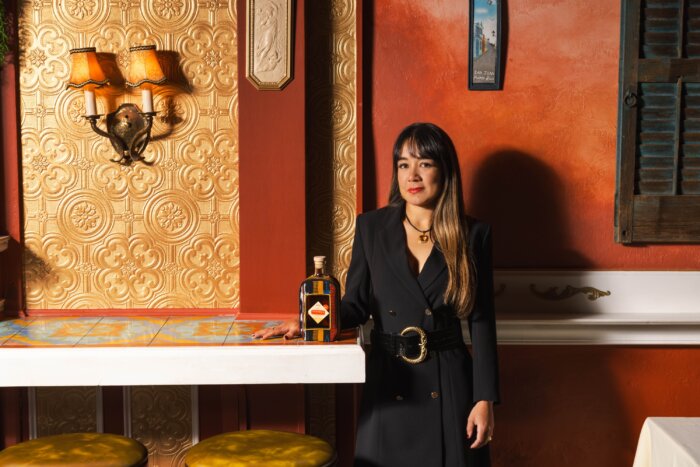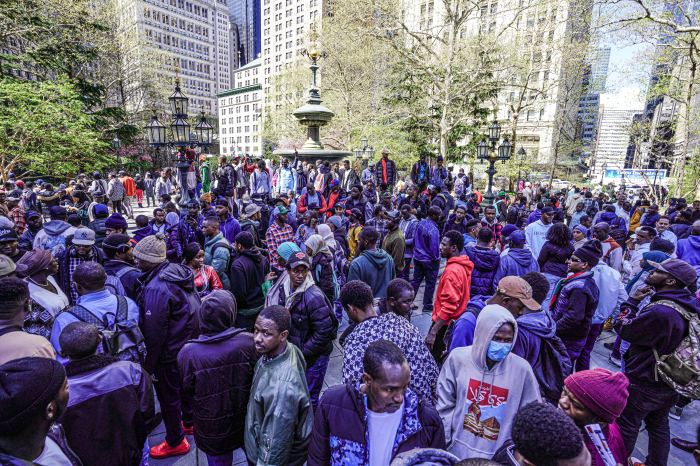“This summer is my fourth Philaversary,” Rana Fayez said pridefully tinted with a short laugh. It was a term that I hadn’t heard before, and I was born and raised here. When Fayez said this in our interview, I heard more than just a clever portmanteau. What I felt was a blend of identities that make a whole that had been carefully woven together. Fayez is made up of many things, and all of her is what makes up YallaPunk, a festival she founded celebrating Middle Eastern and North African culture in Philadelphia.
Still, all of her is not all of YallaPunk. YallaPunk is about communities coming together to continue the journey defining their self-identity, especially as under- and misrepresented groups in not just Philadelphia, but in the United States.
“When I decided to start YallaPunk, I came across a flyer from another DJ that had Arabic gibberish, and that got me upset,” Fayez said in an interview. “I don’t need a white cishet to redefine my identity, especially when they aren’t playing Arabic music.”
YallaPunk was created as a direct response to negative depictions of Middle Eastern and North African people. Coming into its second year, the event celebrates the creative accomplishments of MENA individuals and serves as a safe, intersectional and inclusive space free from sexism, Islamophobia, transphobia, homophobia, and bigotry for discourse on social issues. The festival is rich with music, poetry, and comedy performances.
Fayez is an Arab-American. She’s also a writer, a DJ, an adjunct professor at Drexel University and Jefferson University, a web developer, and a cultural producer. She’s a mover and shaker in her own right, but it’s her humility, compassion, and sense of community that shines through YallaPunk. The festival covers plenty of ground.
Fayez is especially excited for a workshop retrospective talk on the history of queerness in North African music. Additionally, there are workshops and panels on filmmaking, tour booking, screenings, and more.
“It’s not just about punk music,” she said. “We look at all genres. To see people coming together selflessly was really humbling. There were tears of happiness last year. Having a safe space for people to express themselves is a game changer.”
The need for uplifting and sharing MENA voices is real. The recent changes made affecting inflows of MENA immigration to the United States in 2017 and the ongoing discrimination the community faces don’t make things easier. The Census Bureau announced earlier this year that it will not be adding a MENA category to the 2020 census, deflating a decades-long push — for now, anyway.
The MENA community represents a wide spectrum of people. YallaPunk is an affirming space to include everyone. It’s a festival that pushes the envelope forward in the nonbinary journey towards defining identity in America.
YallaPunk kicks off its second year Aug. 31 until Sept. 2. Follow YallaPunk on Twitter and Facebook and at yallapunk.com for more information on events, panels, and performances.
